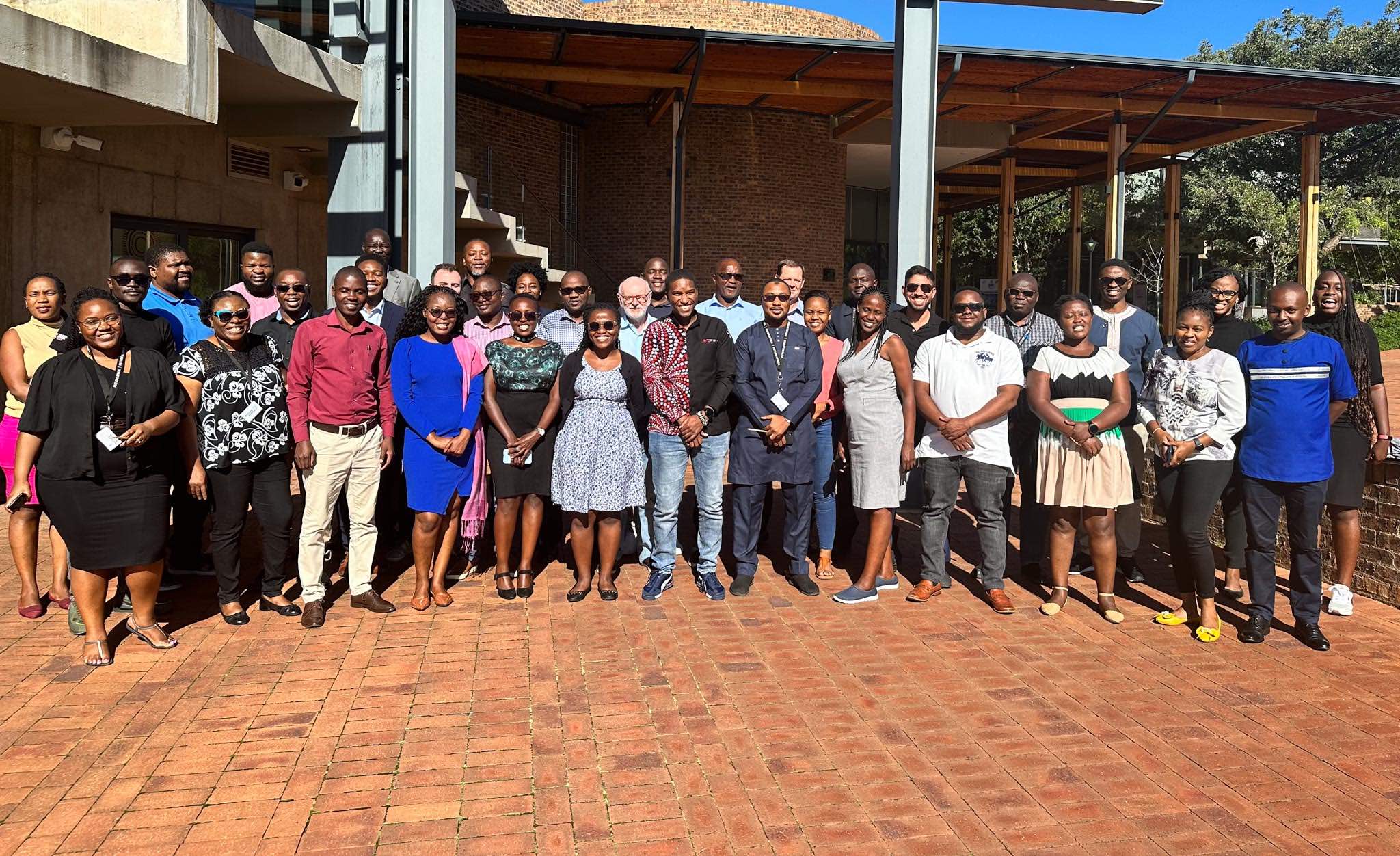Date

Civil society organizations (CSOs) in Africa have been called upon raise their efforts in shaping domestic resource mobilization policies that promote a transparent and equitable tax system in Africa. This was among the key calls that emanated from the 2023 Summer School on ‘Enhancing the Capacity of Civil Society Organizations in Efforts to Curb Illicit Financial Flows.’
Participants at the summer school were challenged to boost their understanding of technical components of taxation matters so as to bridge the capacity gap faced by CSOs working on tax policy reform.
The Summer School brought together 30 participants from CSOs and media in different African countries. It covered a wide range of topics, including, the application of international tax principles within the African context, emerging areas of focus such as the intersection of tax, trade and investment, the African Continental Free Trade Agreement and the role of technology in enhancing access to beneficial ownership information and regional cooperation.
“The summer school was timely. Many countries in Africa are still facing challenges in mobilizing adequate revenue. Cooperation among/between various entities is one the ingredients in solving this challenge. Although CSOs have contributed to the solutions in addressing IFFs, we still need to do more advocacy at national, regional and international levels,” notes Regina Navunga, Programmes Coordinator, Financing for Development at SEATINI-Uganda who was one of the participants.
CSOs and the media face several challenges in the area of curbing IFFs, with limited experts on the subject matter among the listed challenges. The summer school was a foundation for journalists and African CSOs to come up with a unified narrative as they continue to pursue their tax policy objectives.
TJNA sponsored journalists and communication specialists from network members in Nigeria, Zimbabwe, Zambia, Kenya, Tanzania, South Africa, and Cameroon to the school.